IVF Treatment Stages – Best Cyprus IVF Fertility Centre
What Is IVF Treatment And How Does It Work?
In vitro fertilization (IVF) is a treatment that helps people struggling with infertility to conceive a child. It is a complex medical procedure that involves several steps and requires high-level medical expertise.
IVF treatment involves extracting eggs from a woman’s ovaries and then fertilizing them with sperm in a laboratory dish. The resulting embryos are then transferred to the woman’s uterus, where they can implant and grow into a baby.
The IVF process typically involves several stages, which can vary depending on the individual’s needs and fertility status. First, the woman undergoes ovarian stimulation, which involves taking medication to promote the growth and maturation of multiple eggs. This is typically done through a series of injections over several weeks.
Next, the eggs are retrieved from the woman’s ovaries using a small needle guided by ultrasound imaging. The eggs are then placed in a dish with sperm, where they are left to fertilize over the course of a few days.
Once the embryos have developed, they are examined to determine which are the healthiest and most likely to result in a successful pregnancy. These embryos are then transferred to the woman’s uterus, usually via a thin catheter inserted through the cervix.
After the embryos are transferred, the woman will typically have to wait a few weeks to find out if the IVF treatment was successful. If the embryos implant in the uterus, the woman will become pregnant and can begin prenatal care to prepare for the birth of her child.
IVF treatment can be an effective way for many people struggling with infertility to conceive a child. However, it is important to note that the process can be physically and emotionally demanding, and success rates can vary depending on a range of factors including the age and health of the woman and the quality of the embryos.
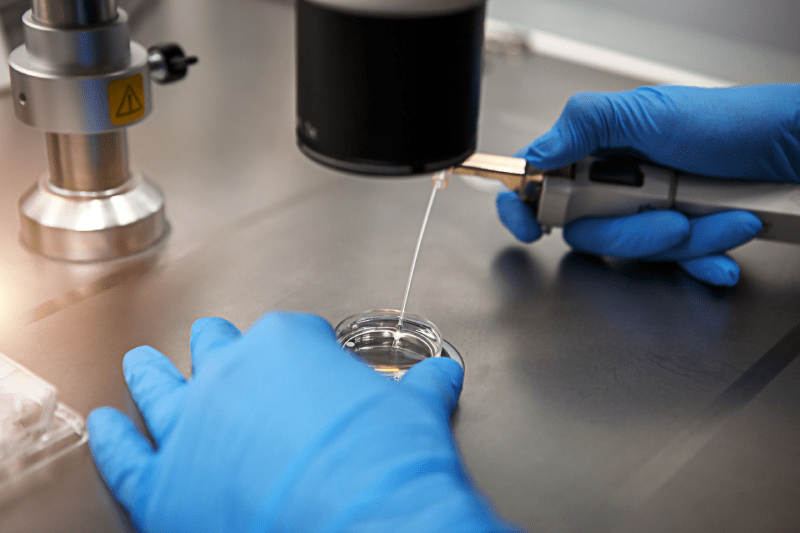
IVF Treatment Stages
The process of IVF involves several stages, each of which is designed to maximize the chances of a successful pregnancy. Here are the main stages involved in IVF treatment:
- Ovarian Stimulation: The first stage of IVF treatment involves stimulating the ovaries to produce as many mature eggs as possible. This is usually done through a course of hormonal medications, which are administered as injections over a period of one to two weeks. Regular monitoring through blood tests and ultrasound scans helps the medical team to adjust the medication dosage and timing to optimize the results.
- Egg Retrieval: Once the eggs have matured, they are ready to be retrieved. This is typically done through a minor surgical procedure known as transvaginal ultrasound-guided follicle aspiration. With the guidance of ultrasound imaging, a thin needle is inserted through the vagina and into the ovaries to collect the eggs. This procedure is carried out under sedation or light anesthesia and typically takes less than 30 minutes.
- Sperm Collection and Preparation: Around the time of the egg retrieval, sperm is collected from the male partner (or donor, if necessary). The sperm is then prepared to maximize the chances of fertilization in the next stage of the process.
- Fertilization: The retrieved eggs are mixed with the prepared sperm in a laboratory dish and left for several hours to fertilize. In some instances, a single sperm is injected into the egg for a procedure called intracytoplasmic sperm injection (ICSI). Both standard IVF and ICSI have been used effectively for decades and are generally safe.
- Embryo Culture: Once fertilized, the embryos are placed in a laboratory incubator and carefully monitored for a few days. The healthiest embryos are selected for transfer to the woman’s uterus, while the others can be frozen for future use.
- Embryo Transfer: This is where the selected healthy embryo(s) are placed in the woman’s uterus back using a thin catheter inserted through the cervix. Typically, one or two viable embryos are transferred (to prevent the risk of multiple gestation). The woman may be asked to lie still for a short period of time after the transfer to allow the embryo(s) to implant into the uterine lining.
- Pregnancy Test and Follow-Up: After embryo transfer, it takes approximately two weeks before a pregnancy test can provide accurate results. The woman will be closely monitored for several weeks after the transfer to ensure the pregnancy is progressing well.
How Many Days Does IVF Treatment Take?
In vitro fertilization (IVF) is a fertility treatment that involves several stages, and the length of treatment can vary depending on individual cases. While there is no definitive answer to how long the entire process takes, most standard IVF treatments typically take around 6 to 8 weeks to complete. Below are the main stages involved in IVF treatment and how much time they take.
- Ovarian Stimulation: This stage usually lasts from 10 to 14 days. Women receive hormonal medications in the form of injections which stimulate the ovaries to produce multiple ripe eggs. During the stimulation phase, monitoring visits by blood analysis and ultrasound scans are scheduled. These visits help track the progress and maturity of the eggs, adjust the dose of the medication if needed, and determine the timing for egg retrieval.
- Egg Retrieval: Once the eggs are matured, they are retrieved from the ovaries using a fine needle guided by ultrasound imaging. The procedure itself usually takes about 15-20 minutes but the preparation time for sedation and recovery can be up to several hours.
- Fertilization: After egg retrieval, the mature eggs are mixed with sperm to facilitate fertilization in the IVF lab. This process takes up to five days, although typically takes 24-48 hours. After fertilization, the eggs become embryos and are monitored by the IVF team to track their progress.
- Embryo Transfer: The embryos are transferred into the uterus 3 to 5 days after fertilization (may be prolonged to up to 6 days for some women). The transfer process takes less than 30 minutes and is usually painless.
- Waiting Period: After the embryo transfer, the patient must wait about two weeks before taking a pregnancy test. During this waiting period, patients are often advised to rest and avoid heavy lifting and vigorous exercise.
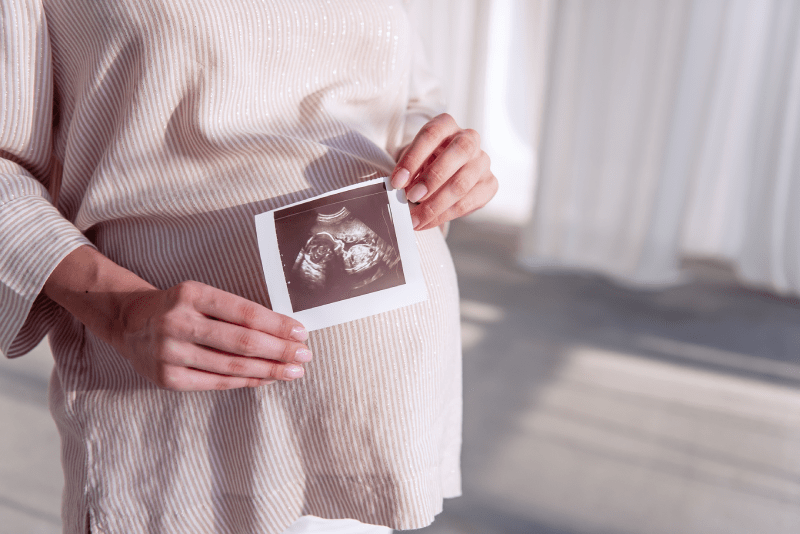
Drugs Used In In Vitro Fertilisation Treatment
In vitro fertilization (IVF) is a type of assisted reproductive technology (ART) that helps individuals with fertility struggles conceive a child. IVF treatment typically involves the use of medications that regulate or stimulate ovulation, facilitate fertilization, and support embryo implantation.
In conclusion, the use of medications is an essential component of IVF treatments. They are administered to regulate or stimulate ovulation, induce ovulation, and support the orchestrated timing for the egg retrieval procedure. The precise combination of drugs will depend on the patient’s individual circumstances and may be modified during the IVF cycle to optimize the outcomes. IVF medications require close monitoring to ensure patients’ safety and to maximize their chances of success.
Are There Any Side Effects Of The Drugs Used In IVF Treatment?
In vitro fertilization (IVF) involves the use of medications and hormone supplements to stimulate ovulation, facilitate fertilization, and implantation, which can cause a range of side effects. While the drugs used in IVF treatment are generally safe, side effects can occur, and some women may be more susceptible to these side effects than others. Here are some of the possible side effects of the drugs used in IVF treatment:
- Ovarian Hyperstimulation Syndrome (OHSS)
- Menopausal Symptoms
- Nausea and Vomiting
- Injection Site Reactions
- Increased Risk of Blood Clots
- Allergic Reactions
IVF treatment is carefully monitored by the medical team to minimize these side effects and protect the health of the patient. However, it is still essential for patients to report any side effects they experience during the treatment as soon as possible. Observation is a crucial part of fertility care, and medical staff need to evaluate any unexpected or atypical reaction to the treatment to avoid severe side effects.
In conclusion, the drugs used in IVF treatment can cause a range of side effects, the most serious being OHSS, which requires immediate medical intervention. In most cases, these side effects are temporary and manageable, and the benefits of IVF far outweigh the risks, especially as the goal is to conceive a baby.

What Should People Who Become Pregnant With IVF Pay Attention To?
Pregnancy after in vitro fertilization (IVF) can be an exciting and gratifying experience, but it also requires some particular attention and care. Women who become pregnant through IVF usually have a higher risk of some pregnancy-related complications, and it’s recommended to work with their medical team to ensure both the mother and fetus are healthy throughout the pregnancy. Here are a few things to keep in mind if you are pregnant after IVF:
- Monitor Pregnancy Hormone Levels: After IVF and the embryo transfer, the patient is likely to be taking hormonal medications to support implantation and pregnancy. It is essential to monitor the pregnancy hormone levels, for example, beta-HCG levels measured through blood tests. Abnormal hormone levels could indicate ectopic pregnancy, a situation where the embryo implants outside of the uterus, and can be considered a medical emergency.
- Regular Monitoring: IVF pregnancies usually carry a higher risk of early pregnancy loss, preterm delivery, and conditions like preeclampsia or gestational diabetes, which require frequent monitoring. It is recommended that patients attend regular prenatal check-ups with their obstetrician or fertility specialist. They can perform screening tests and ultrasounds to ensure the pregnancy is progressing well.
- Nutrition and Lifestyles: Pregnant women should be mindful of their diet and lifestyle choices during pregnancy. It is recommended that they eat a healthy and balanced diet that includes enough protein, fruits, and vegetables, and avoid foods that may carry an increased risk of foodborne illnesses like listeria. Expectant mothers should aim to get plenty of sleep, stay active, and avoid smoking, alcohol, and illicit drugs.
- Consideration for Multiple Pregnancies: Patients who have elected to transfer more than a single embryo for a cycle, which increases the chances of multiple pregnancies. It doubles the opportunity to twins, and even more babies can develop. Multiple births carry a higher risk of complications during pregnancy and childbirth. Women who are pregnant with multiples might need more prenatal care, closer monitoring, extra ultrasounds, and even bed rest if complications arise.
In conclusion, pregnancy after IVF should be treated with close monitoring and medical attention as risks are higher than women who got pregnant naturally. Pregnant women should work closely with their obstetrician or fertility specialist to monitor hormone levels, ensure the health of both mother and baby, and minimize any pregnancy-related risks. By following these recommendations, women can optimize their chances of a healthy and successful pregnancy after IVF.
What Is The Probability Of IVF?
The probability of IVF success is generally related to the age of the woman, and the underlying infertility diagnosis. The chances of success with IVF can range from 40-50% per cycle for women under 35 years of age, and that rate gradually drops as the age increases. The process of IVF is complex and time-consuming, and successful outcomes involve much more than just statistical probabilities. For the couples struggling with infertility, an initial consultation with a fertility specialist can help determine the respective chances of success, and a comprehensive plan that fits their unique circumstance.
Should One Pay Attention To The Choice Of Centre For IVF Treatment?
Choosing the right center for IVF treatment is an essential decision that requires careful consideration as it can have a significant impact on the outcome of the treatment. Different IVF centers have various staff, technologies, protocols, and success rates, which can create a heterogeneous environment when it comes to fertility care. To help you decide, here are some reasons why one should pay attention to the choice of center for IVF treatment:
- Success Rates: The success rates of the clinic where you receive treatment can make a significant difference. Consider choosing an IVF clinic with a high success rate or one that can meet your specific requirements, such as the ability to accommodate or treat particular fertility problems.
- Experience and Credentials of the Medical Team: The experience and positive outcomes of the clinic’s medical team are essential factors to consider. Highly specialized embryologists or infertility specialists should have a proven track record of successful outcomes and must possess the certifications to perform their role in the clinic.
- Staff Care: One should also consider the level of care and attention provided by the clinic’s staff. Patients should opt for clinics that offer personalized care, discussing individual concerns, and dealing sensitively to their fertility journeys.
- Treatment Approaches: Different clinics utilize different treatment approaches. Some specialize in certain treatments and have a lot of experience in specific areas or address unique patient issues, for example, reproductive immunology, endometriosis, polycystic ovary syndrome, etc. Picking an IVF center that suits an individual’s fertility needs can enhance success rates.
- Patient Reviews: Check the testimonials and online reviews from other patients. Reading up on the experiences of other IVF patients who have used the clinic you are considering will also give you an insight into the reliability.

IVF Treatment Costs Expensive? The Best Cyprus IVF Centres
The cost of IVF treatment can vary depending on the geographic location, clinic reputation, and the individual patient’s needs. In many countries, including the United States, the cost of one cycle of IVF treatment can exceed $20,000 USD. This high price tag can be a significant barrier for couples who do not have insurance coverage or who cannot afford the out-of-pocket costs.
Fortunately, Cyprus has become a popular destination for couples seeking affordable IVF treatment. Cyprus offers high-quality medical care at relatively lower prices, making it an attractive destination for foreigners seeking fertility treatment.
Cyprus IVF centers specialize in advanced infertility treatments, including IVF, ICSI, egg donation, and surrogacy. Treatment costs in Cyprus generally range between €3,500 to €5,500 Euros per IVF cycle, which is significantly lower than what is offered in other European countries, the United States, or Canada.
The success rates for IVF treatment in Cyprus are also high, adding to the attraction of this country as a destination for fertility treatment. The use of state-of-the-art technology and experienced IVF specialists provides assurance to couples that they are receiving high-quality treatment.
Additionally, Cyprus has a welcoming environment, reputable medical facilities, and experienced staff with excellent communication and language skills, making the process less intimidating for international clients.
In conclusion, while IVF treatment can be expensive, Cyprus IVF centers offer affordable rates without sacrificing the quality of treatment. High success rates, modern technology, and experienced staff make Cyprus a popular and attractive choice for couples seeking fertility treatment. If you want to have a baby with Cyprus IVF treatments, you can contact us.

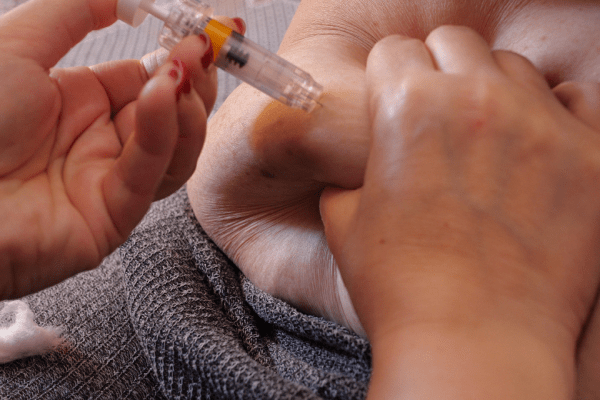
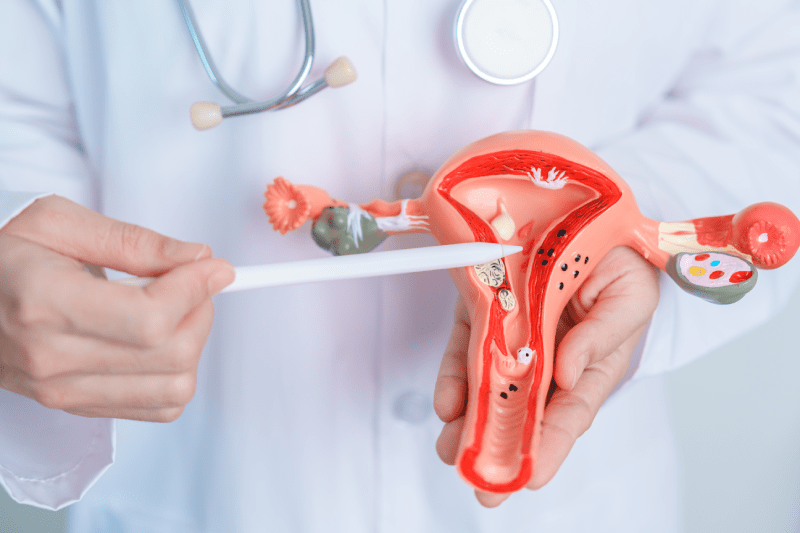
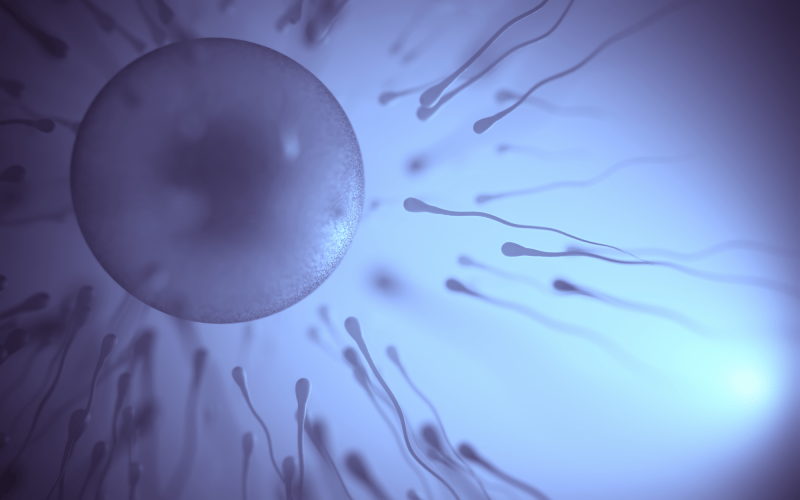

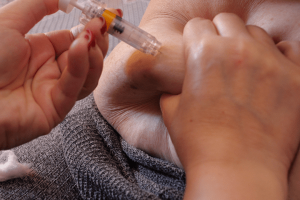
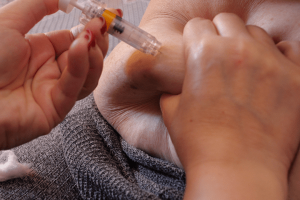





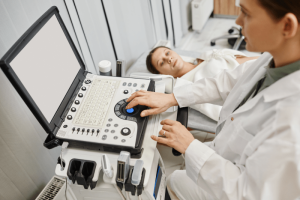

Post Comment